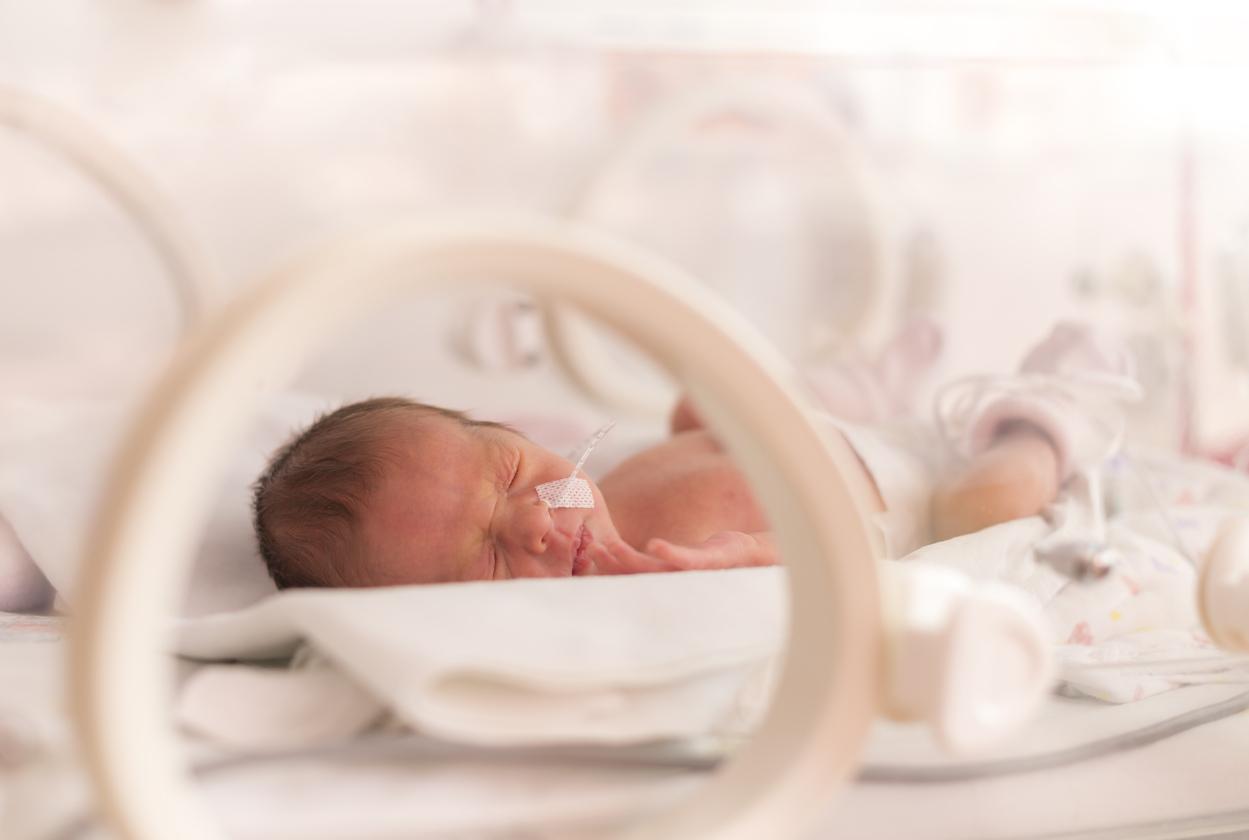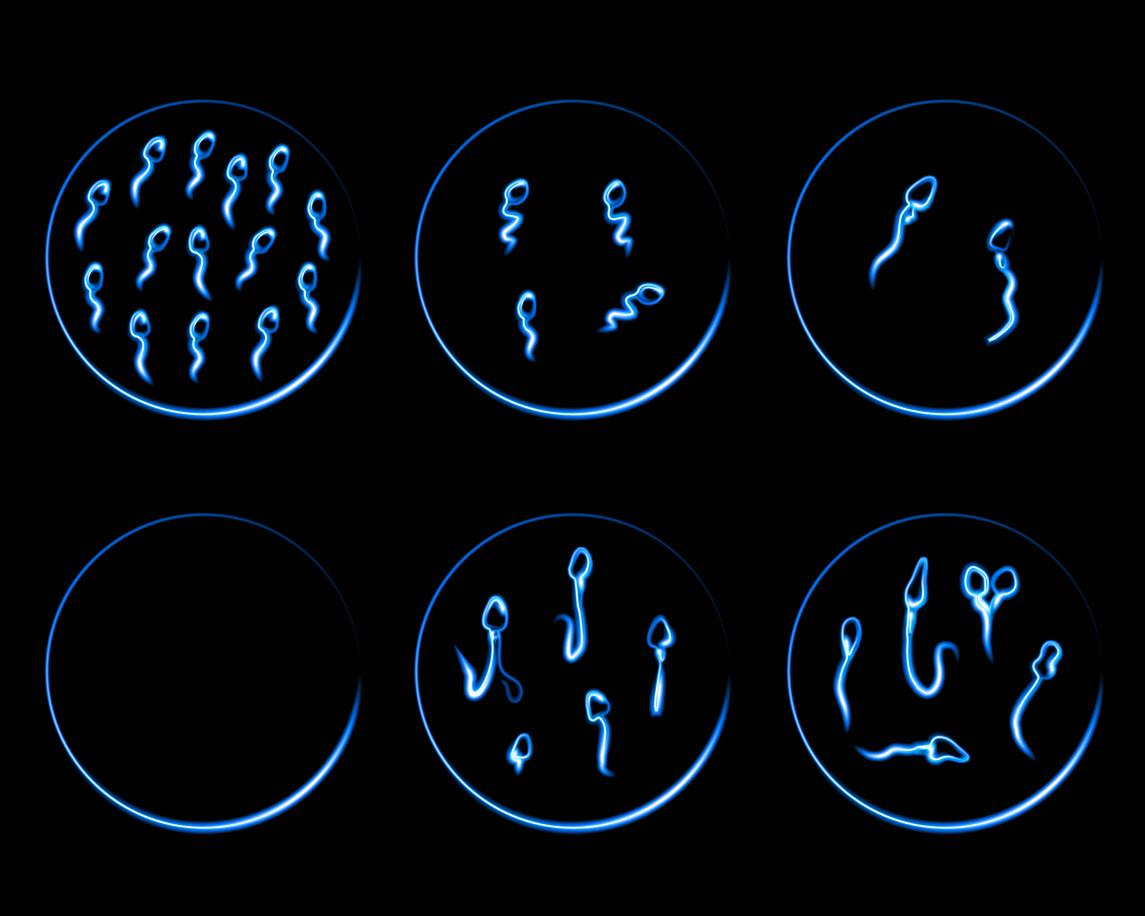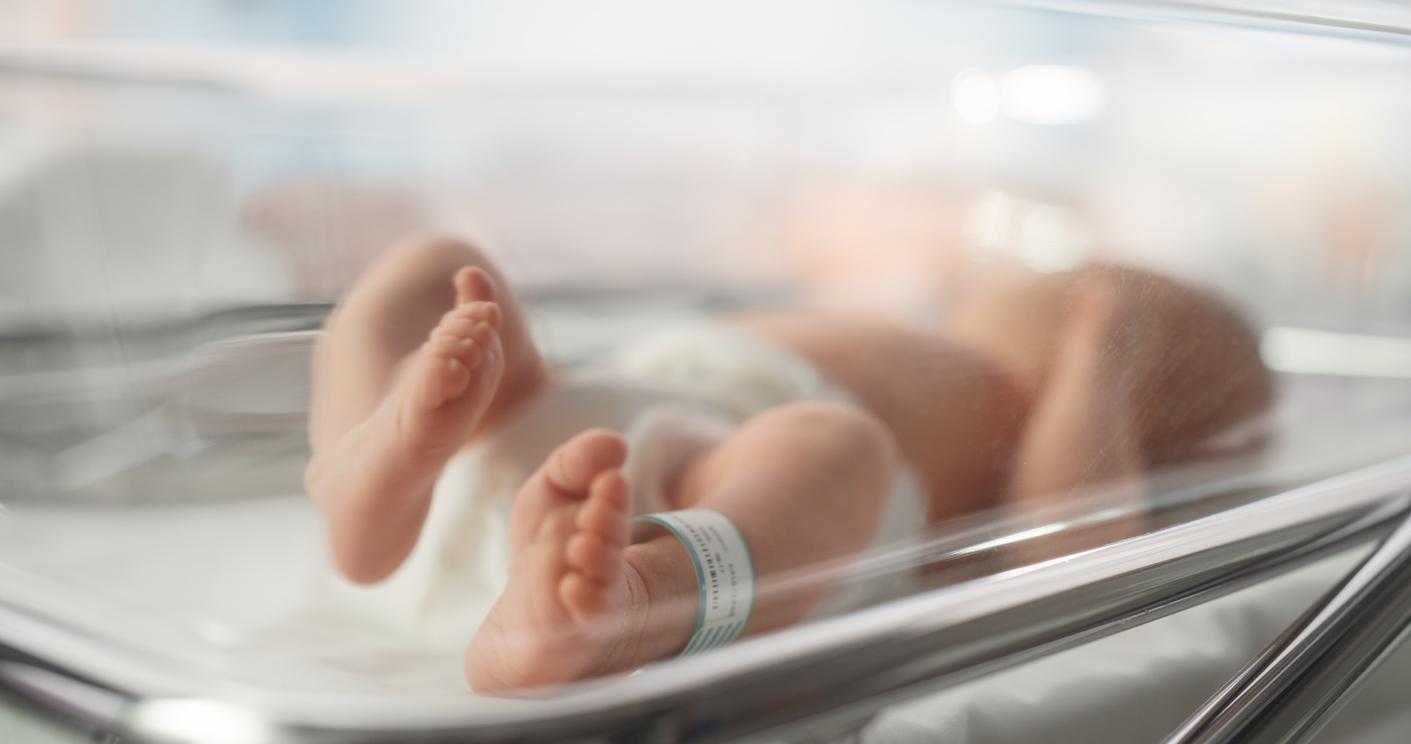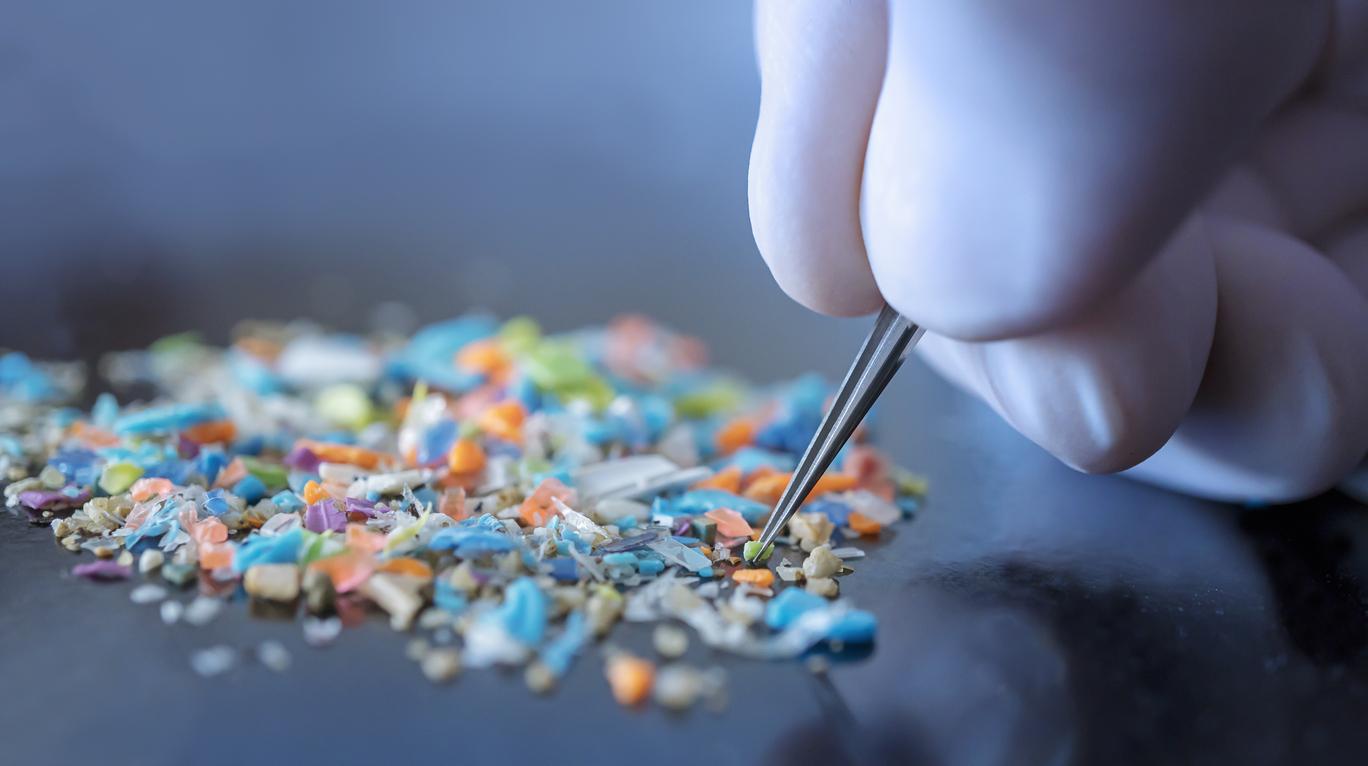This child, born without a penis, was healthy when he was born in Iran. Doctors recommend carrying out a gender reassignment operation by creating a pseudo-vagina, a suggestion that questions.

- The causes of aphallia remain unknown, some scientists point to a link with diabetes in the mother.
- According to a Senate report, about 2% of intersex children are born each year in France.
It is a very rare case. A baby boy was born without a penis, but with testicles, in Iran. Around the world, approximately one in ten to thirty million births involves a child with aphallia, a congenital malformation characterized by the absence of a penis. This recent case was documented in the medical journal Radiology box Reports.
What are the consequences of aphallia?
According to its authors, aphallia is the consequence of an anomaly present during the fourth week of development of the embryo: the non-formation of the genital tubercle. “Its diagnosis is easy at birth, because a penis is absent, states the report. More than half of these patients have associated abnormalities, including genitourinary abnormalities (54%) and of the gastrointestinal tract and developmental abnormalities of the caudal axis.” The term ‘caudal’ defines the axis starting from the coccyx towards the feet. In the case of the little Iranian boy, he had no health problems at birth. On the other hand, at the age of one year and two months, examinations made it possible to identify a “fistula vesicorectal“: an abnormal communication between his bladder and his rectum, which allowed him to urinate in the absence of a penis and therefore of a urethra.
Vagina creation: a controversial gender reassignment surgery
Generally, doctors recommend children born with aphallia have a phalloplasty, to create a penis, and another operation to create a urethra. However, the authors of the report believe that the recommended protocol in the event of penile agenesis is gender reassignment and female genitoplasty. These researchers also recommend the follow-up of an estrogen-based treatment at puberty. But they do not specify what protocol was adopted for this little boy.
Criticisms against these operations in intersex children
Throughout the world, voices are raised against the medical decisions taken with regard to these children born intersex. In 2017, Amnesty International warned of the need to respect their rights. “Some children have a genitalia that does not correspond to the accepted norms for establishing whether the individual is a boy or a girl, others have female bodies while possessing XY chromosomes (associated with the male sex) or bodies male and XX chromosomes (associated with the female sex), explains the NGO. Many undergo medical interventions with the aim of ‘normalizing’ them, whereas these interventions are invasive and irreversible and, very often, not of an emergency nature..”
Amnesty International has interviewed various people who have undergone this type of operation, and stresses that “many have reported lasting adverse effects on their health, sex life, psychological well-being and gender identity”. Especially since they almost never decide to undergo these operations, because when they are decided, the children are generally too young to clearly express their consent, and the parents “deplore the lack of information and appropriate support given to them to enable them to make an informed decision on what is best for their children”.
What does the French law say about the care of children born intersex?
In France, the law of August 2, 2021 relating to bioethics creates a new framework: from now on, children born intersex must be taken care of by health establishments with expertise in the matter. The consent of the minor must be sought, as far as possible, and the care center has an obligation to inform the family.
But medical interventions, without therapeutic necessity, but aimed at matching the appearance of the genitals to representations of masculine and feminine, can always be carried out with the sole consent of the parents. In a notice published in 2018, the Board of state recommended postponing these operations to the age when children can participate in the decision and provide informed consent.















